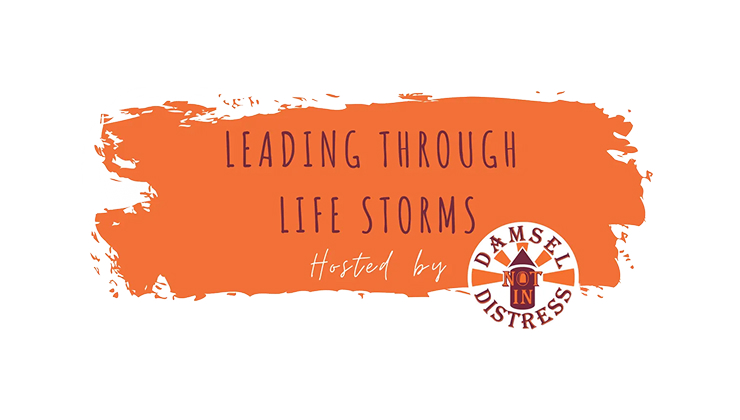
In the United Kingdom, suicide is one of the most preventable deaths. What that means is that most people who have thoughts of suicide do not want their life to end, they want their pain to end. Suicide first aid can be a life-saving intervention for those who are at risk of suicide and it’s crucial to understand how to do so properly. If someone could “pull themselves together”, “be grateful for what you’ve got”, “toughen up and get on with it”, they would. So it is really helpful to understand how everyone of us can become part of the solution.
In the UK it is currently the biggest killer of young men and women aged 20-34 years old (1). How sad that we live in a society where there are some people who see no hope, who feel it is the only way forward or out. Those are young lives full of potential and possibility. I am privileged to speak with people who were in those places of despair who stayed alive. Inspiring men and women who now support others and who live rich and fulfilled lives. There is hope even if in the moment there appears to be none.
That’s why we offer a course on suicide first aid through understanding suicide prevention, intervention and postvention (let’s make sure those deeply affected by a death through suicide are supported in their grief). The course gives learners the knowledge and tools they need to intervene with people at risk of suicide or mental health crisis, as well as supporting families and friends.
What is Suicide Intervention?
Suicide intervention is the process of helping someone who is suicidal. It can be done in a professional or personal setting, and it involves assessing the person’s risk for suicide and then providing support to help them stay safe. The goal of suicide intervention is to prevent suicide from happening.
Who should take a Suicide Intervention Course?
Everyone can benefit from suicide first aid. However, due to job responsibility, it is recommended training for: multi-sector managers and practitioners including health, housing, social care, education, criminal justice, call centre operators, private, voluntary, and public sector workers and community groups or members.
No previous experience or training is necessary. Participants will be asked to self-reflect and empathise with a person having thoughts of suicide. There is no expectation of participants to share personal experiences.
What is Suicide First Aid?
The SFAUSI course is a one-day event accredited by City and Guilds of London. It’s taught by the most experienced suicide prevention trainers who use only the latest evidence-based techniques to help learners understand suicide and how to intervene.
The Suicide First Aid through Understanding Suicide Intervention (SFAUSI) course gives learners the knowledge and tools to understand that suicide is one of the most preventable deaths and some basic skills can help someone with thoughts of suicide stay safe from their thoughts and stay alive.
The course covers everything from what mental health crisis looks like, to understanding risk factors for suicide and suicide intervention techniques. We also include a session on self-care, what it means to be non-judgmental when supporting someone in distress and how you can keep yourself safe too.
Suicide First Aid Courses with Anne Archer Associates
“I was engaged 100% Anne presented the materials well and there were lots that I’d not considered before and also helped me look at suicide through a different lens. I thought Anne particularly managed input from participants with skill and her fantastic smile and as someone else pointed out her passion oozes through the way she delivers” – Niki Pountney
If you’re interested in understanding suicide intervention, our suicide first aid course is taught over 6 hours using tutor facilitated Socratic learning, tutor-led practice sessions, mini-lectures, group work and audio-visual presentations. This is a highly interactive and emotionally engaging learning experience.
The course aims to inspire people to start these difficult conversations and showcase the extraordinary difference we can all make.
It can be hard, yet research strongly supports how speaking out can save lives. If we can stay open to recognising that suicide is a preventable death, finding ways to have meaningful conversations is important.
Sources




